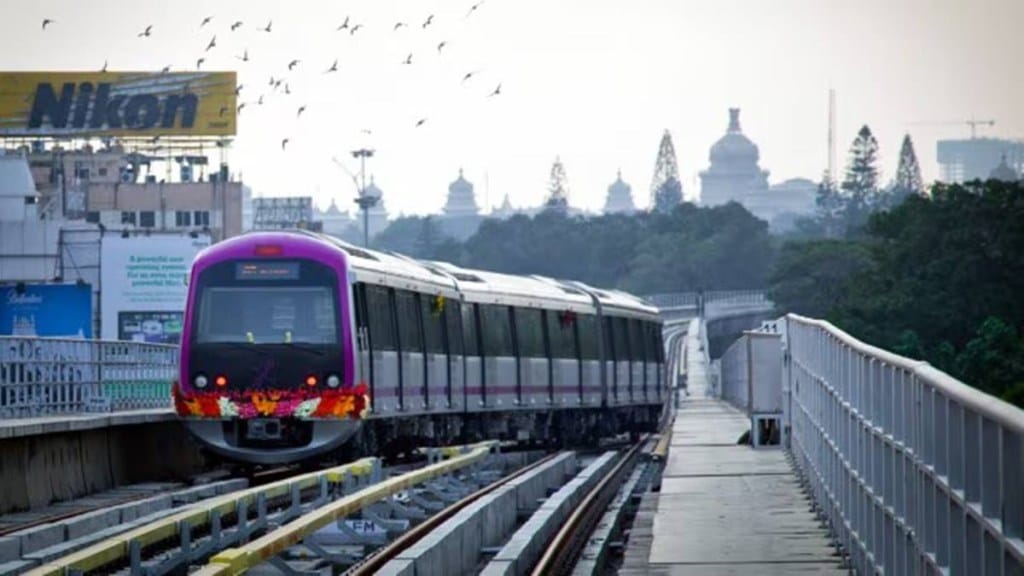The real tragedy is that life in a metro spells death for financial freedom’. An investment advisor went on to share this confession from a young working professional in Bangalore.
In an interesting post on LinkedIn, Abhishek Kumar, an investment advisor registered with the SEBI, shared a candid reflection from a young Bangalore professional: ‘Earning ₹1.5 lakh monthly in Bangalore yet still void of funds.’ This struck a chord with many metro folks who are in a similar place financially, where a so-called good offer on paper turns out to be a deception.
Kumar shared that with his experience with several metro clients; he comments on how living in cities like Bangalore has always been more of a financial haunting-an analogy he finds fits so well into his experiences with unhappy employees in the city. This, he narrated, was the case with one tech couple with a joint monthly income of ₹2.4 lakh. With such decent earnings, it was next to impossible for them to save or invest-anything much outside of ₹15,000 in savings. Like this story, there are multitudes of similar stories facing professionals trudging along in life in all the metro cities across the country.
Abhishek breaks down the metro trap:
- The 40-30-30 Rule: Housing in metro cities takes 40% of the salary; 30% goes to basic needs; and if you are lucky, only 30% goes towards discretionary spending and future goals. A typical tier-2 city reverses this ratio, fostering savings and flexibility.
- Property Deception: With high hopes of purchasing a ₹2 crore apartment in Bangalore, many have been caught in the trap of “misplaced dreams.” With property appreciation being in the range of 3-5% per year, the mortgage burden proves to be heavy since one is paying nearly 50% of their income in EMIs.
- Family Responsibilities: A sizeable section of young professionals—most notably those below-30—are sending a fair amount back home. Kumar foretells that Indian parents spend all their life earnings on children’s education, while many young professionals feel it’s their duty to support their parents somehow.
- Emergency Fund Misconception: Inappropriate advice harkening to a 3-month emergency fund sucking the life out of those unfortunate enough to live in metros. Kumar’s recommendation involves jacking that figure up to an 8-12 month situation cushion.
- Lifestyle Inflation: Lifestyle inflation for a professional in metros is huge; an increase of ₹10,000 in salary often means an increase of at least ₹7,000 in spending. This hardly leaves room for savings or investments over a long period of time.

